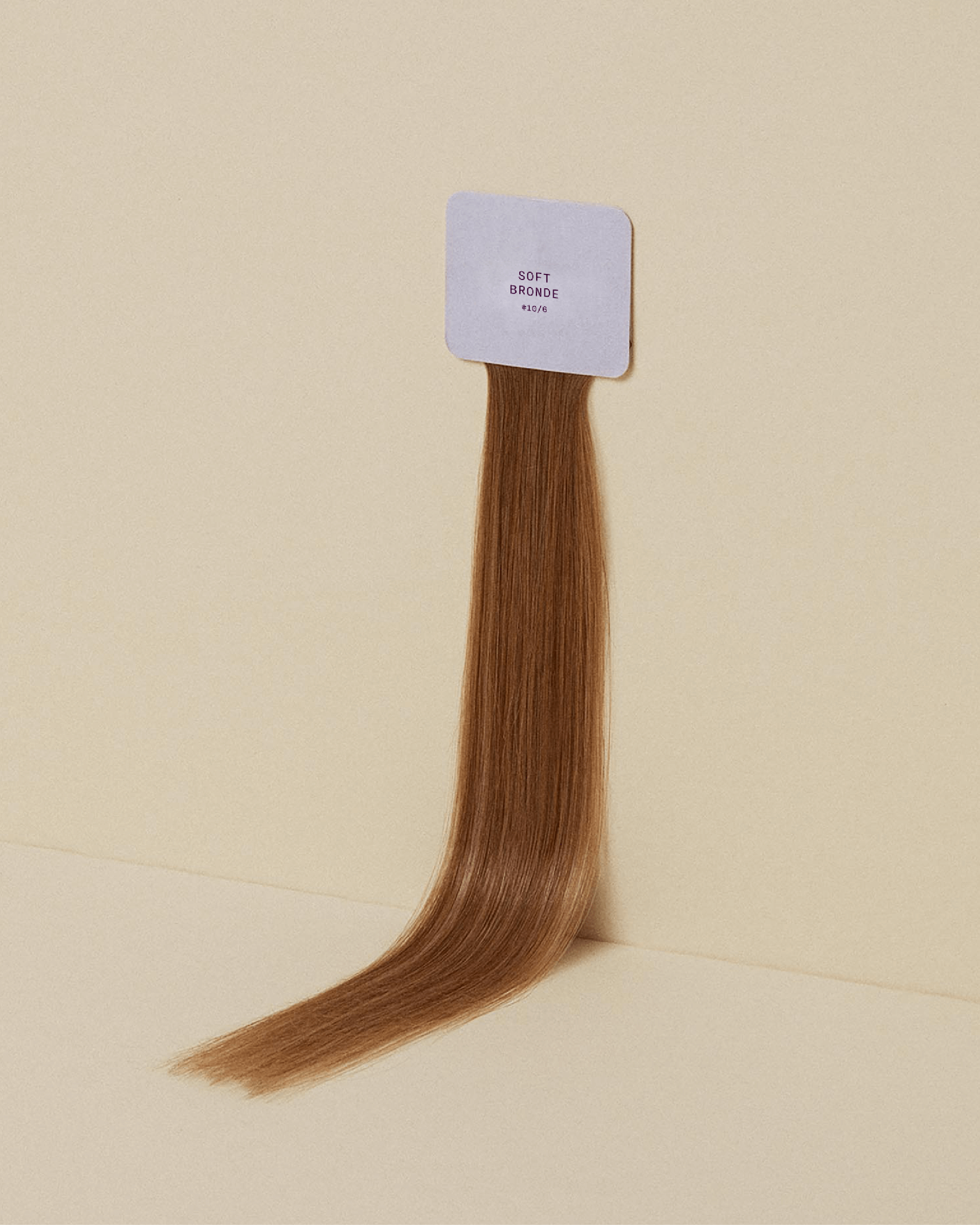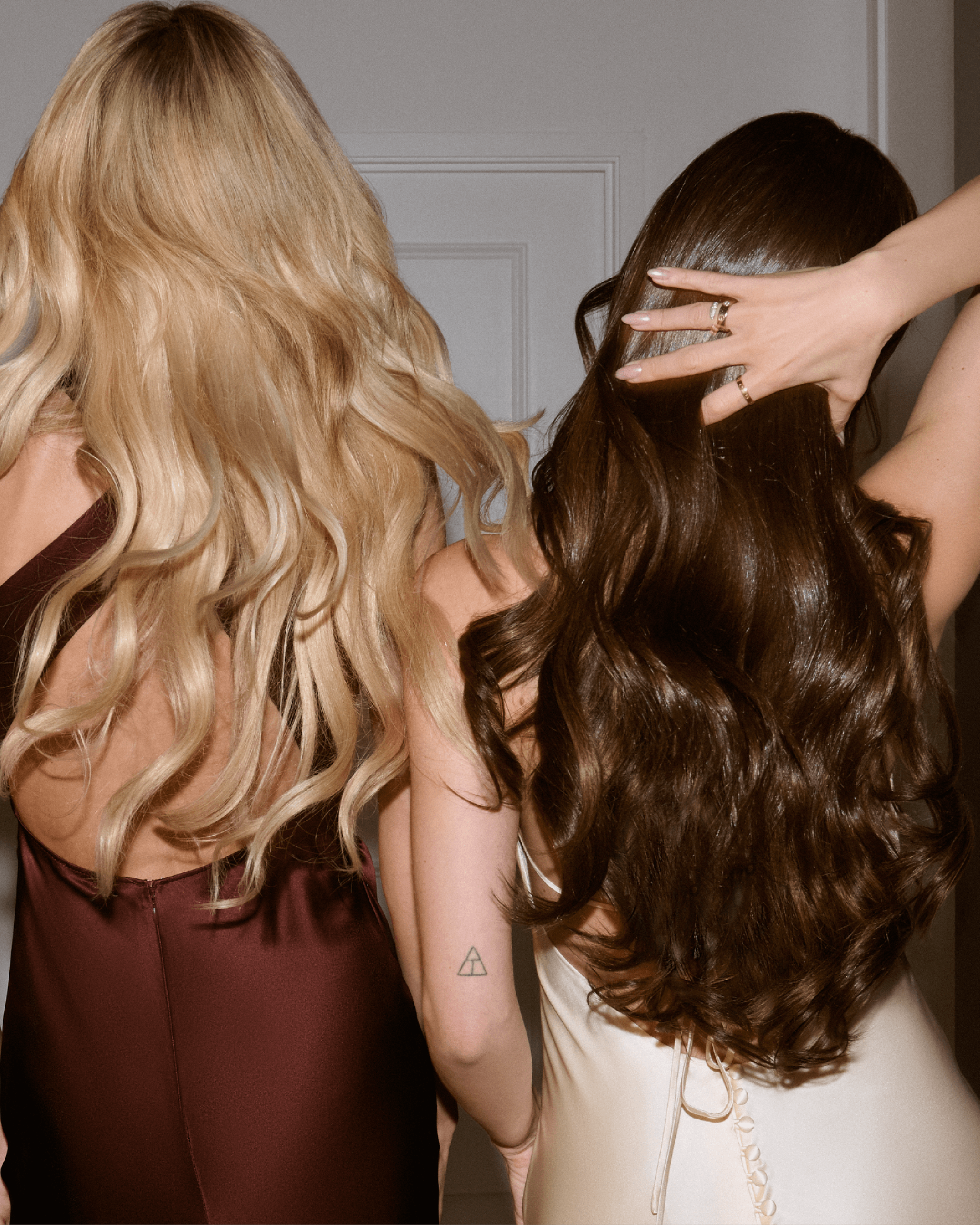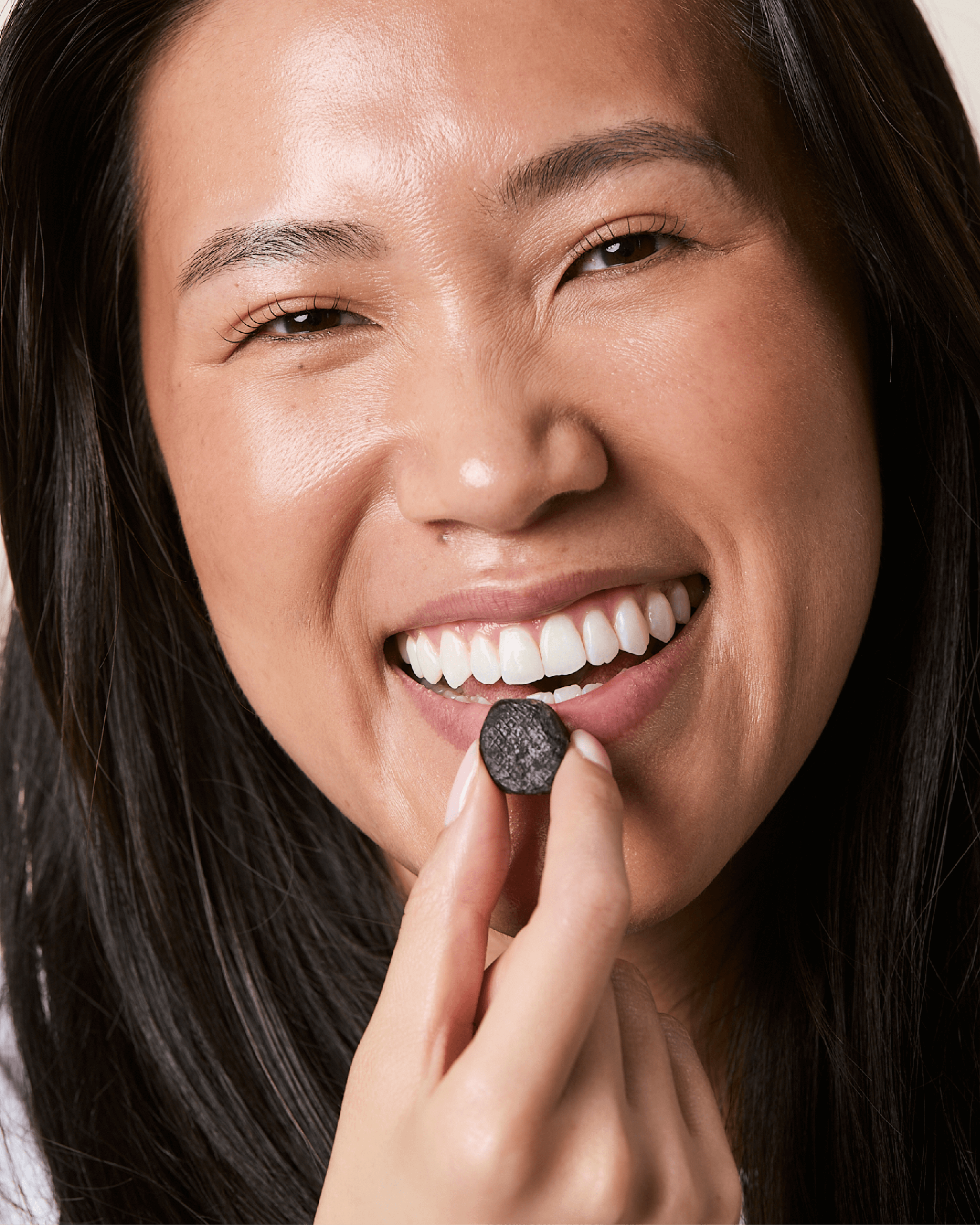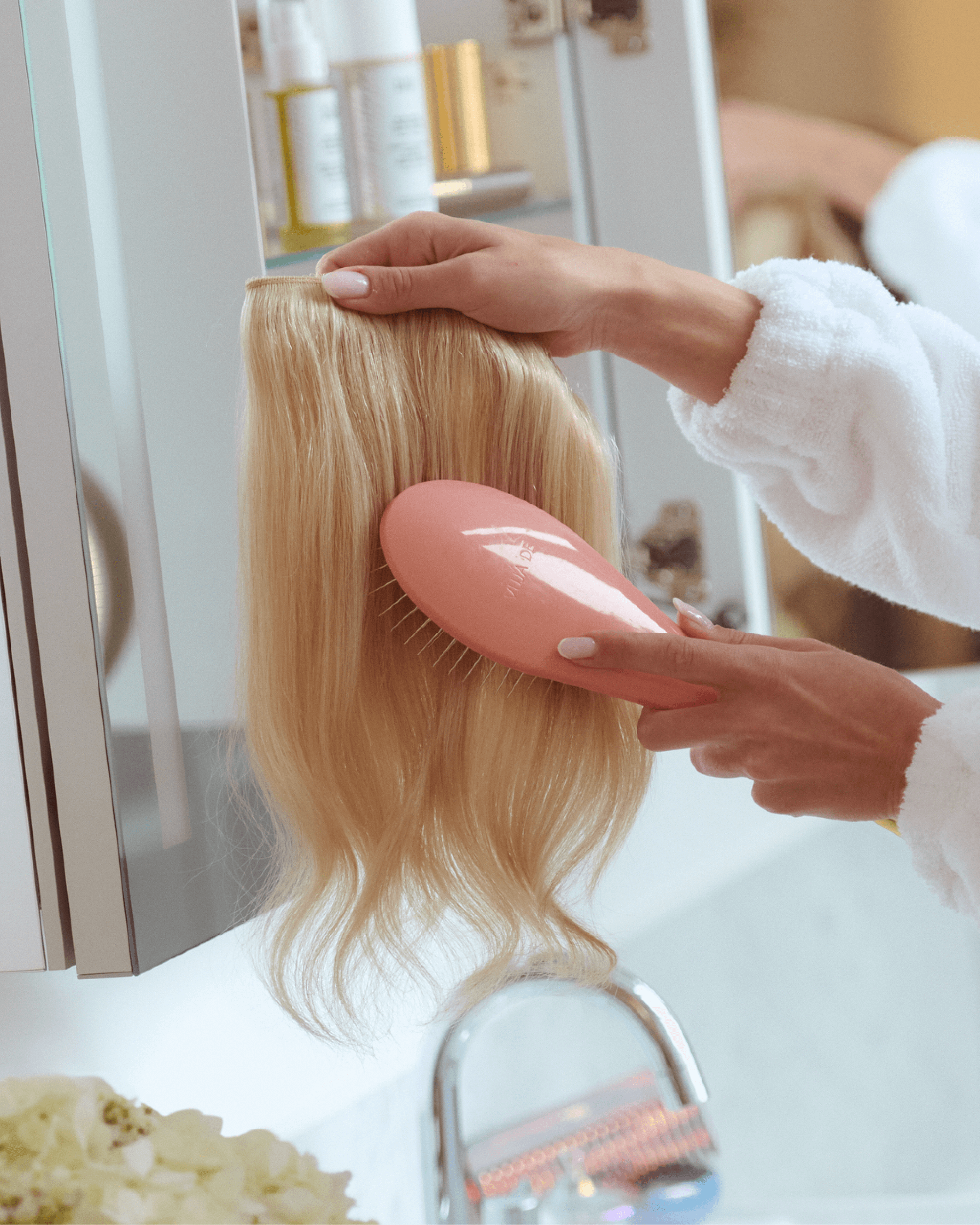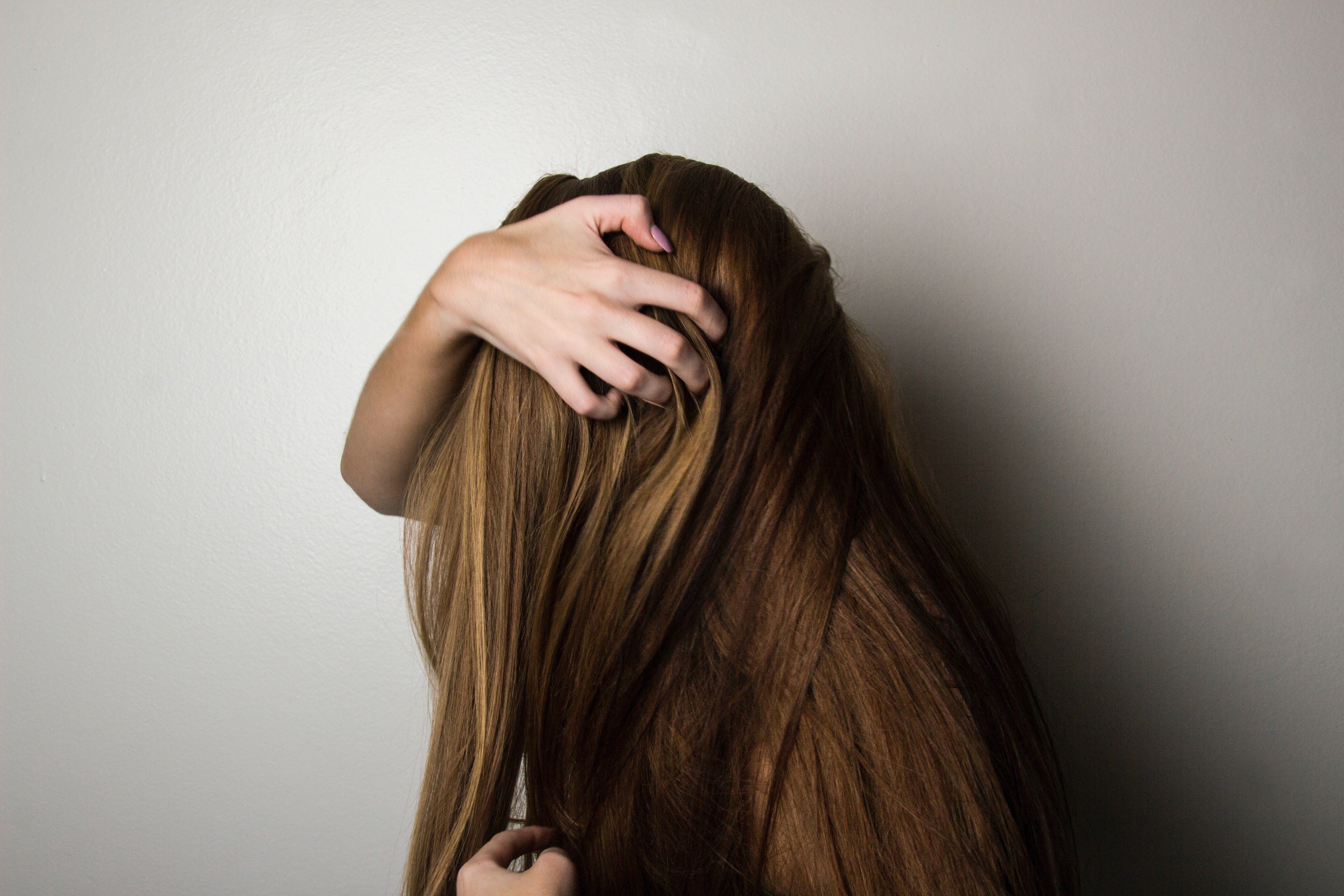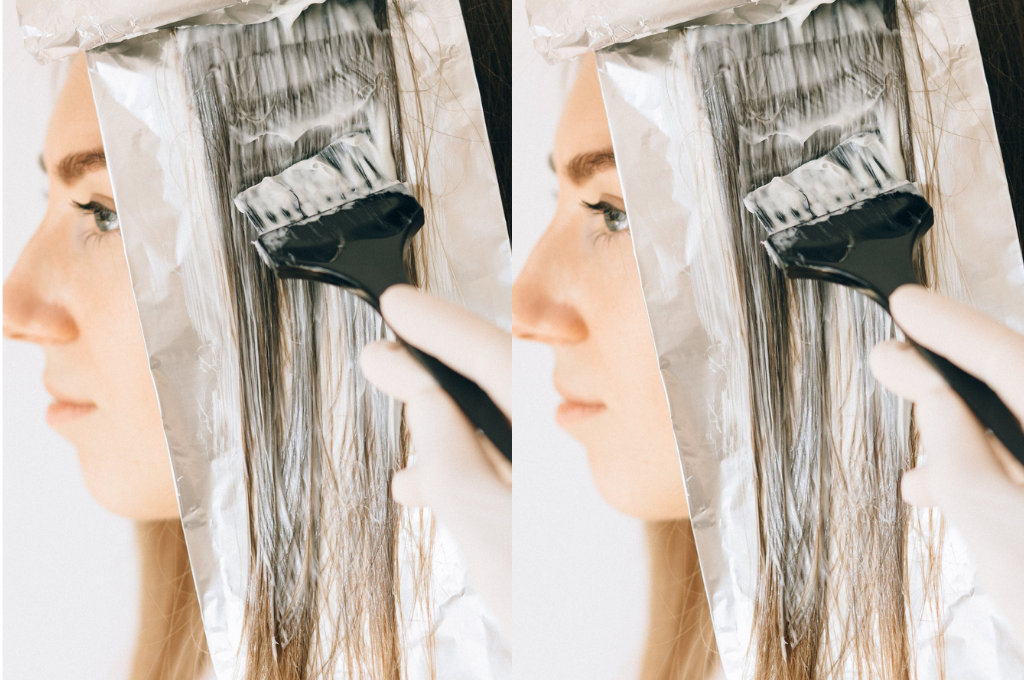Are perms bad for your hair? Can perms damage your hair? Many of us wonder if we should try.
We've all heard horror stories about the potential damage perms can cause to our beloved locks. The thought of dry, brittle hair might make you think twice before going for that curly transformation.
Not to worry though for in this blog I'll delve into the depths of the perm debate, addressing the concerns and shedding light on the truth.
Together, we'll put an end to those nagging questions in your mind, armed with insights from scientists and experts who have studied the effects of perms on hair.
Are Perms Bad For Your Hair?
The act of perming, which has become as common for women as getting a blowout or a haircut, can indeed lead to hair damage if not approached with care.
Described as a "violent" chemical procedure by a New York Times Magazine article, perming alters the chemical composition of the hair, potentially leaving it weakened, lackluster, and unhealthy.
A study investigating the effects of perming and bleaching on hair proteins discovered that these processes can cause damage.
Specifically, the proteins in your hair can be affected, leading to the transformation of stable proteins into labile proteins. Unlike stable proteins, labile proteins are more easily broken down, making your hair more susceptible to breakage.
Moreover, permed and bleached hair tends to release these labile proteins, resulting in a dull and unhealthy appearance.
There are risks associated with perms and bleach treatments that you should be aware of before deciding to get one.
READ: 8 Smart Reasons To Invest in Halo Hair Extensions
The Impact of Perming, Combing, and Stretching on Hair Keratins
A comprehensive study published in the "International Journal of Cosmetic Science" in 2001 explored the effects of perming, combing, and stretching on hair keratins.
The findings of this study indicated that these activities can harm the keratins in your hair, with greater hair damage correlating to increased keratin loss.
This research highlights the fact that perming, combing, and stretching can jeopardize your hair's protein structure, rendering it more susceptible to breakage and shedding.
Considering any of these treatments requires keeping in mind the possible hazards and impacts they may have on the general well-being of your hair.
READ NEXT: 10 Ways To Detox Your Hair To Make Your Hair Grow
Will a Perm Ruin My Hair?
Based on the information provided, it is evident that getting a perm can harm your hair. The chemicals employed in the perming process break down the bonds in your hair, subsequently reforming them into a new shape.
Your hair's keratins may be negatively affected by a perm, making it easier to break and fall out.
The degree of harm caused by the perm depends on several factors, including the type of perm, your hair's current state, and the aftercare you provide.
By selecting the right type of perm, ensuring your hair is in a healthy state beforehand, and adopting an appropriate aftercare routine, you can mitigate the potential damage caused by perming.
ALSO READ: How To Cure A Dry Scalp: Kiss Flakes Goodbye
The Impact of Perms on Thin Hair
Are perms bad for thin hair? Perms, as chemical processes that alter the hair's structure, can indeed have an impact on thin hair.
How you style your hair can have different effects, depending on things like the technique used, how good your stylist is, and how healthy your hair is generally.
One potential concern with perms and thin hair is the risk of further weakening the hair strands. Thin hair is already delicate, and subjecting it to the chemical solutions and heat involved in perming can potentially lead to additional damage.
The stress caused by the perming process may result in breakage, frizziness, and overall compromised hair health.
Moreover, perms can also impact the volume and body of thin hair. While perms can add texture and create the illusion of thicker hair, it's crucial to note that the process involves chemicals that can make the hair more porous.
This increased porosity can lead to moisture loss, causing the hair to become drier and potentially exacerbating the appearance of thinness.
CHECK THIS OUT: 10 Natural Ways To Hydrate Your Hair At Home
Is a Perm Bad for Your Hair?
The question of whether a perm is bad for your hair has left many people uncertain and hesitant.
To determine whether a perm is bad for your hair, it's important to grasp the mechanics behind the process.
Perming involves using chemical solutions to break down the hair's natural bonds, allowing it to be reshaped and restructured into curls or waves. While the transformation can be stunning, it does carry certain risks.
One of the primary concerns is the potential damage that can occur during the perming process. Essentially, when you use chemicals and heat on your hair, it can make it weaker and more likely to break.
Additionally, if the perm is not performed correctly or if the aftercare is neglected, it can lead to dryness, frizziness, and overall compromised hair health.
DIY: 8 Hair Moisture Home Treatments To Try On A Budget
Mitigating the Risks and Caring for Permed Hair
While there are risks associated with perms, there are proactive steps you can take to minimize potential damage and care for your permed hair effectively:
- Choose a Skilled and Experienced Stylist: When considering a perm, ensure that you seek out a professional stylist who has ample experience in performing perms. A skilled stylist will know the best techniques for your hair type and will take precautions to minimize damage.
- Consultation and Strand Test: Schedule a consultation with your stylist before proceeding with a perm. Discuss your hair goals, concerns, and any previous chemical treatments you've had. A strand test can help determine the compatibility of your hair with the perm solution.
- Opt for the Right Perm Technique: Different perm techniques exist, and some may be more suitable for your hair than others. Body waves, larger curls, or softer perms tend to be less damaging options compared to tight curls or spiral perms. Discuss these possibilities with your stylist.
- Prioritize Hair Health: Before getting a perm, ensure your hair is in optimal condition. This means addressing any existing damage, maintaining moisture levels, and improving overall hair health through proper nutrition and a consistent hair care routine.
- Follow Post-Perm Care Guidelines: After your perm, diligently follow the care instructions provided by your stylist. This may involve using specialized shampoos and conditioners for permed hair, avoiding excessive heat styling, and incorporating regular deep conditioning treatments to maintain moisture and strength.
- Regular Trims and Maintenance: Schedule regular trims to remove any split ends and maintain the health of your hair. Additionally, stay consistent with touch-up appointments to keep your perm looking fresh and prevent overlapping of the chemicals on previously permed hair.
- Be Mindful of Styling Practices: Minimize the use of heat styling tools, as excessive heat can further damage permed hair. When heat styling is necessary, use heat-protectant products and opt for lower heat settings.
A perm can potentially cause damage to your hair, but by taking the right precautions and following proper care guidelines, you can minimize the risks
Love More Hair Care Tips? Read These Next:
- Why Your Hair Gets Dry in Winter (and 7 Tips How to Keep It Healthy)
- 10 Scalp Health and Hair Growth Tips You Can Do at Home
- 10 Benefits Of A Leave-In Conditioner
